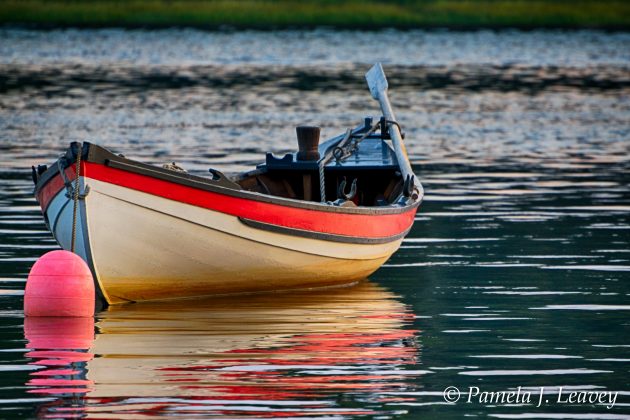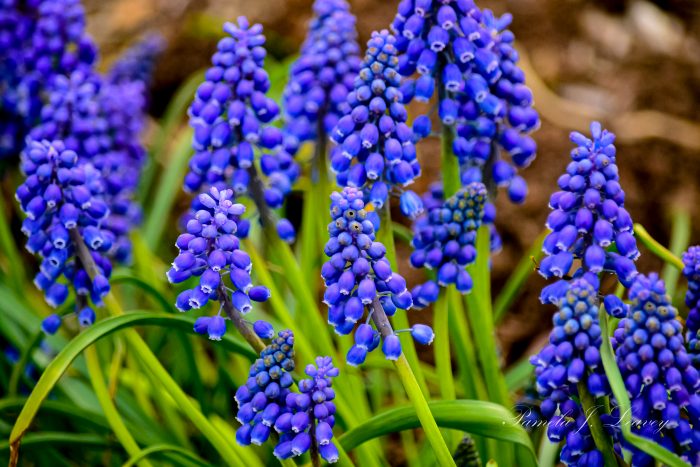Thoreau and the Merrimack River
June 7, 2021
It is fitting, I believe, to start this project off with a post about a writer who wrote and self-published a book about the Merrimack River in 1849, Henry David Thoreau.
On a quick aside note, I would clarify that we often think of self-publishing in today’s world of literature, as a new way for a writer to get their work out to public, however the practice of self-publishing is ancient. Indeed, it is connected all the way to 3000 – 2000 B.C.E., when man first starting using the written word in the form of “Picture-writing on clay tablets and papyrus scrolls.”
A few years ago it was the 200th observance of Thoreau’s birth. During that time there was a been a profusion of news pieces paying homage to Thoreau for his life spent as an abolitionist and activist, and essayist and a poet, a naturalist, and a historian.

But, I digress here… In 1845, “Six years before he moved to Walden Pond” in order “to ponder life and live deliberately, Henry David Thoreau spent two weeks canoeing rivers in Massachusetts and New Hampshire.” One of those rivers was the Merrimack and the other was the Concord.
John Waldman writes in the NY Times, “The voyage was an epiphany for him.”
“At the time, the nation was becoming giddy with the promise of industrialization, an enterprise greatly dependent on rivers for power and waste disposal. But Thoreau, born 200 years ago on Wednesday, foresaw the ravaged futures of these increasingly commodified rivers. His book “A Week on the Concord and Merrimack Rivers,” self-published in 1849, offered his account of what was actually a two-week trip with his brother John.”
Thoreau was so haunted by the sight of the swiftly turning “water-powered wheels and belts of the Industrial Revolution,” and their effect on the clean water of the river and the habitat of the fish, “that he was stirred to ask a still haunting question: “Who hears the fishes when they cry?””
The Merrimack is still polluted today. Waldman took the opportunity to point out in his piece in the NY Times on the anniversary of Thoreau’s birth, that he would be distressed by the state of the river and the fish today:
“Runs of the dozen or so river-sea migratory fish have, in many cases, been obliterated or reduced to fractions of their former plenitude. No longer ecologically relevant or societally important, they have become, in effect, “ghost fishes.””
Like Thoreau, I worry for the fish and the wildlife that has survived in the past two centuries here along the Merrimack. I walk along the river taking note of what what see on a regular basis, especially in the post year and half since I moved to a rented half house on the river that was built by shipwright Elijah Huntington in 1788.
Living here in the house filled with history, where two sizable ships were built in the early 1800’s has rekindled my long interest in the history of ship and boat building in the area, as well as other history that intersects with that trade.
There is a rich history in this area where I live. In his essay, Sunday, from A Week on the Concord and Merrimack Rivers, Thoreau said of this area on the Merrimack:
“Between the towns of Amesbury and Newbury it is a broad commercial river, from about a third to half mile in width, no longer skirted with yellow and crumbling banks, but backed with high green hills and pastures, with frequent white beaches on which the fisherman draw up their nets.”
Still today, I will note, despite the pollution in the waters of the river and the decline of wildlife, there are still high green hills and pastures here, and I relish my time walking along the river making note of the changes caused by man, time and weather as well as the marks of history that I find along the way.

Related Images:






